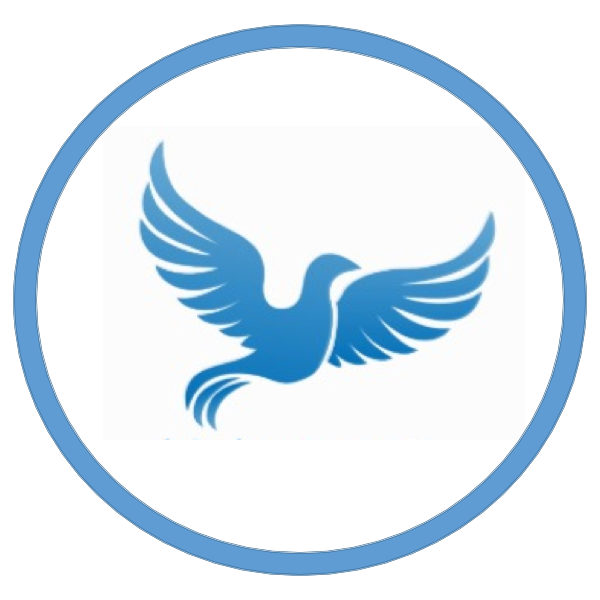Effects of a Combined Transcranial Magnetic Stimulation (TMS) and Cognitive Training in Alzheimer Patients
Description
This study takes place in Boston, Massachusetts and Beth Israel Deaconess Medical Center. The treatment portion of the study requires patients to visit the BIDMC daily, Monday through Friday, for 6 weeks. All participants will receive real cognitive training, but half of our participants will receive active TMS treatment and half will receive a placebo TMS treatment. However, those receiving the placebo treatment will be offered the real treatment upon the completion of the study. This study goes up to approximately 4.5 months.
TMS is a noninvasive way of stimulating the brain, which is not painful and does not involve any needles or any form of surgery. It acts by delivering a magnetic stimulation to a particular region of your brain and that, coupled with the cognitive training, is what is being looked at in this study. The investigators are examining if this combination of TMS and cognitive training will improve your memory function and other mental functions such as language, orientation, and thinking or judgment.




